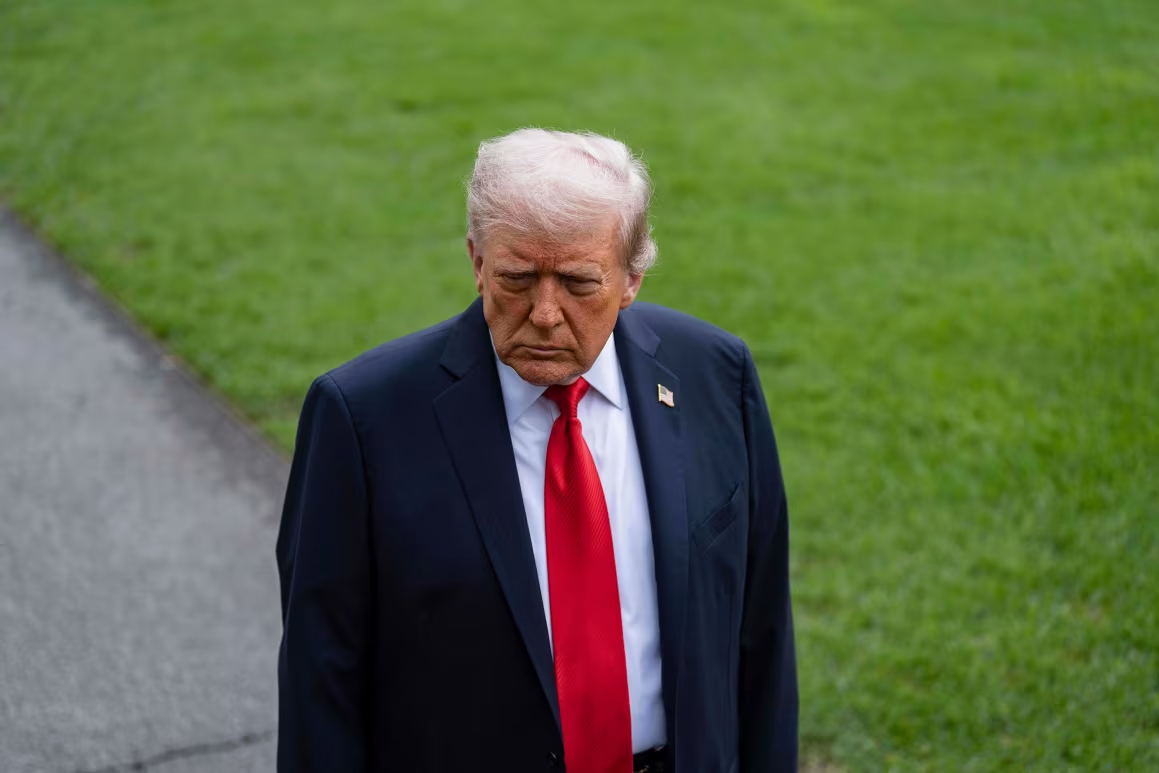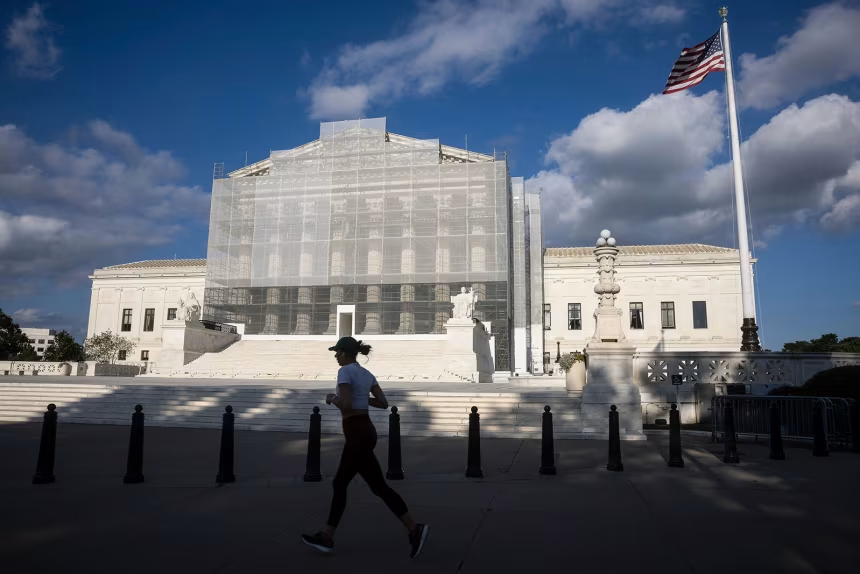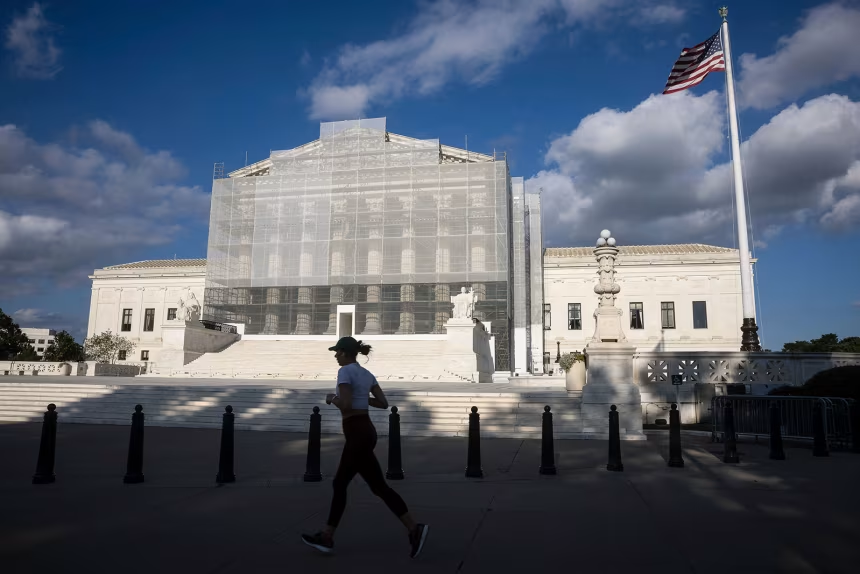The U.S. Supreme Court has agreed to fast track a case that could decide the legality of sweeping tariffs imposed by former President Donald Trump, setting the stage for one of the most consequential economic rulings in decades. At issue is whether Trump overstepped his authority by using emergency powers under the 1977 International Emergency Economic Powers Act to impose broad tariffs on imports.
Lower courts have already ruled that the tariffs exceeded presidential authority, pointing out that only Congress has the constitutional power to impose taxes and tariffs. If the Supreme Court upholds those decisions, the government could be forced to refund as much as one trillion dollars to importers who paid the duties. Treasury Secretary Scott Bessent has warned that such a ruling would severely disrupt federal finances and create economic turbulence.
Supporters of the tariffs argue that they were justified on national security grounds, citing threats such as drug trafficking and unfair trade practices. They insist that the president must retain flexibility in emergencies, and they caution that striking down the tariffs would weaken America’s ability to respond to global threats. Critics, however, say the move represents executive overreach and undermines the constitutional separation of powers.
The stakes go beyond economics. A ruling in Trump’s favor could expand presidential authority over trade and emergency powers, while a ruling against him would strengthen congressional control and limit the scope of executive action. The case has also drawn global attention, since Trump’s tariffs were used as leverage in negotiations with major trading partners including China, Canada, and Mexico.
With oral arguments expected in November, businesses, lawmakers, and international observers are bracing for a decision that could reshape U.S. trade policy and define the limits of presidential power for years to come.







